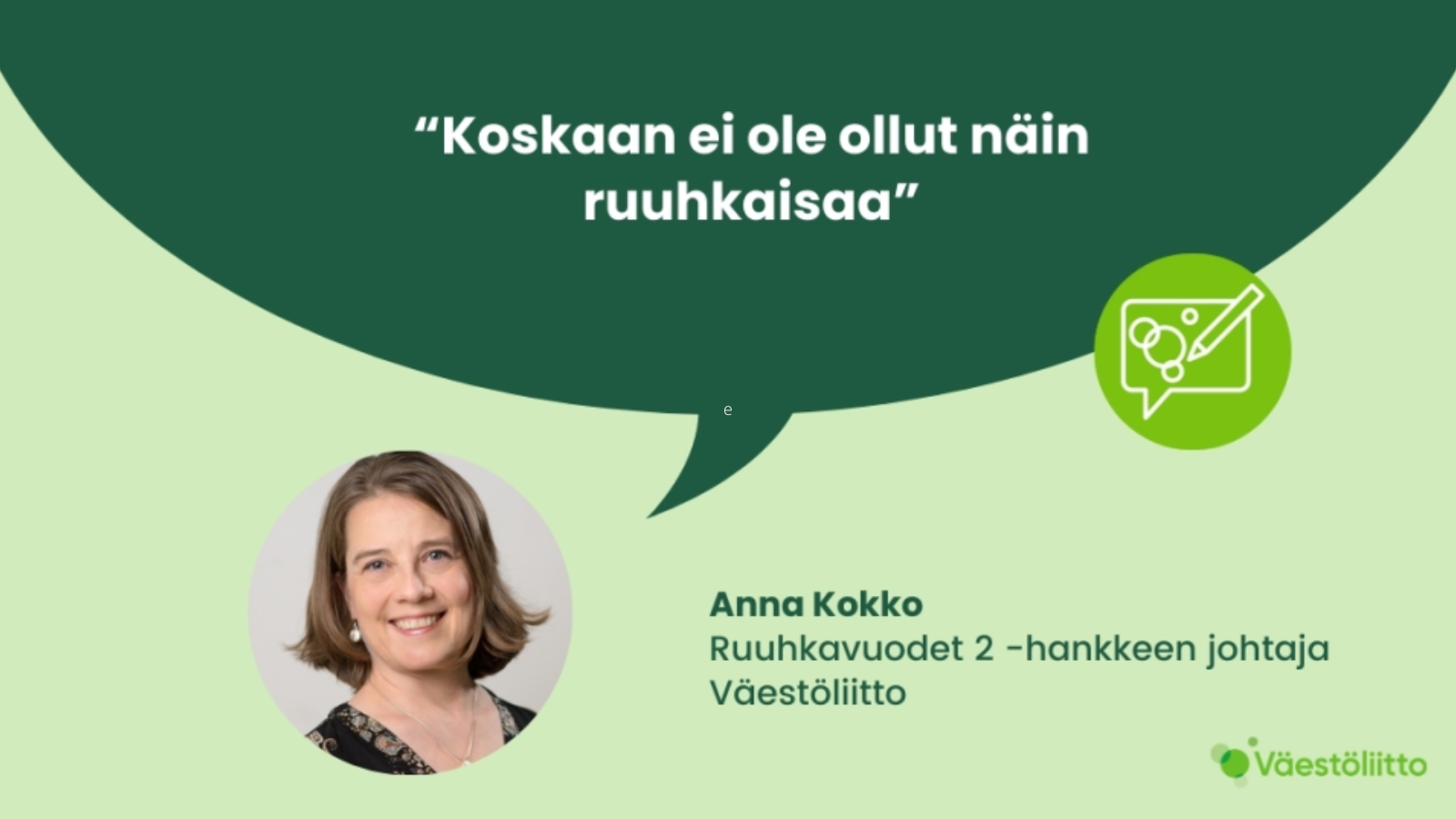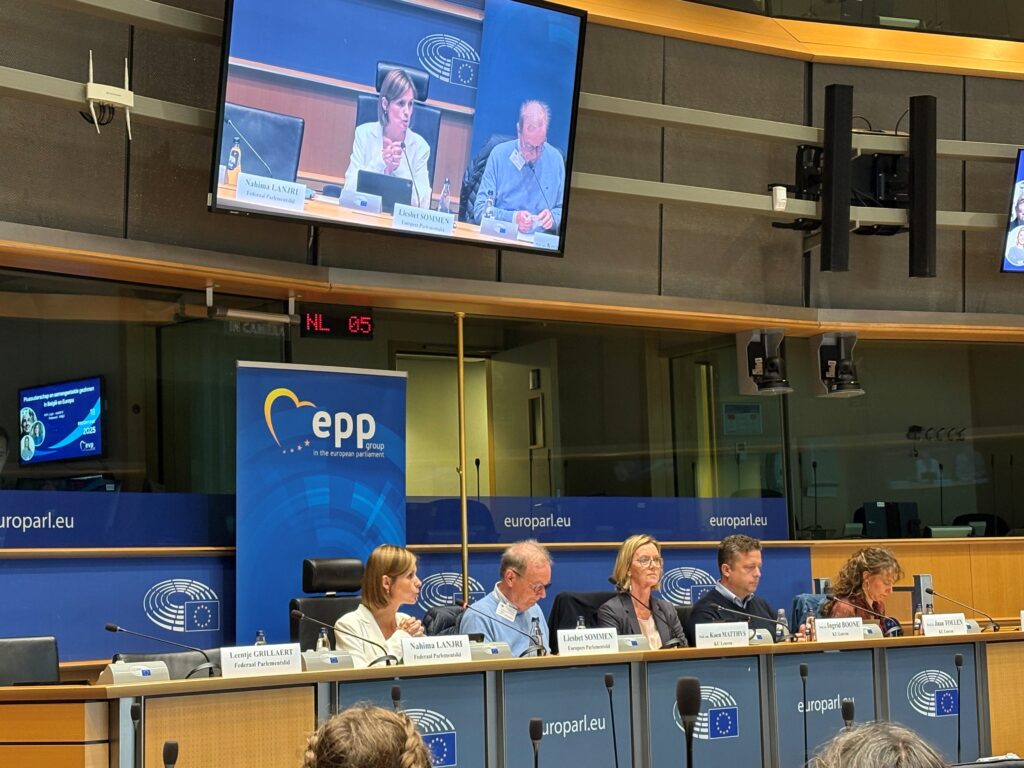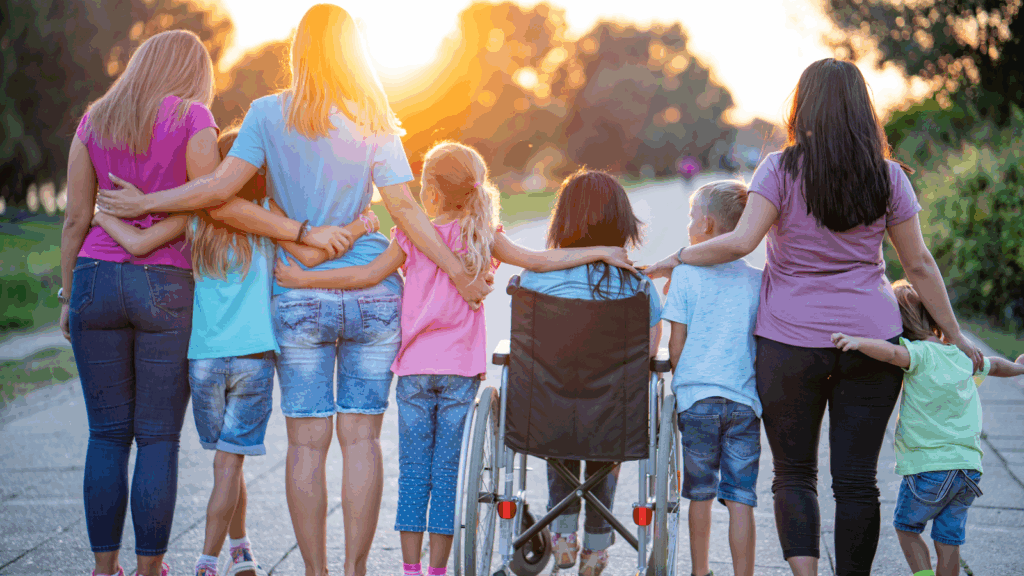How do you manage to care for older relatives and work in different jobs?
What is needed for workplaces to ensure smooth care arrangements in different sectors?
How will care succeed in the future when public services have been cut and the age groups of working people are shrinking?
COFACE Finnish member, Väestöliitto (Family Federation of Finland) launched a new Work-life Balance project in September in which they carry out research and development work. At the heart of the project: flexibility, attitudes, leadership and resources. The project will run from 2024 to 2026.
“In the early autumn, I had the opportunity to interview organisations in different fields and noticed that the question of the relationship between work and care and people’s resources is a hot topic. We would have received more interviewees for our project than we are able to receive during the entire autumn,” says Anna Kokko, the project leader.
Caring for older relatives is currently a hot topic in Finland and in various workplaces amidst a storm of financial austerity decisions. At a time when state, welfare region and municipal budgets and, for example, public services for older people are being cut, we have more and more older people in our society. Some of them are very able to function, others are in need of daily and continuous care. Similarly, the working-age population is shrinking and the birth rate is currently in a deep hole. How will care be organised in the future?
“It’s never been so busy,” said one woman in her 60s, who had both grandchildren and her own older parents with care needs, whom she was committed to looking after. At the same time, her work was burdened with heavy responsibilities. Some people in their 50s and 60s may also have minor children of their own to look after. Their own health may be good, poor or mediocre.
Your spouse or partner, your siblings and their spouses, friends and other close friends will inevitably age. The meaningful relationships we have nurtured over years or decades affect our own well-being, and we in turn affect our loved ones at different stages, in good times and in challenging times.
Giving and receiving care are fundamental pillars of humanity.
Read more here.





